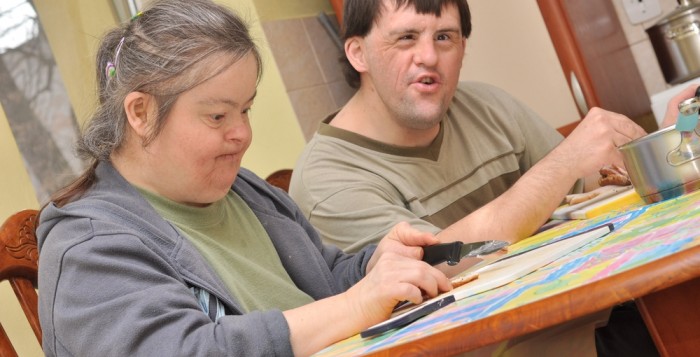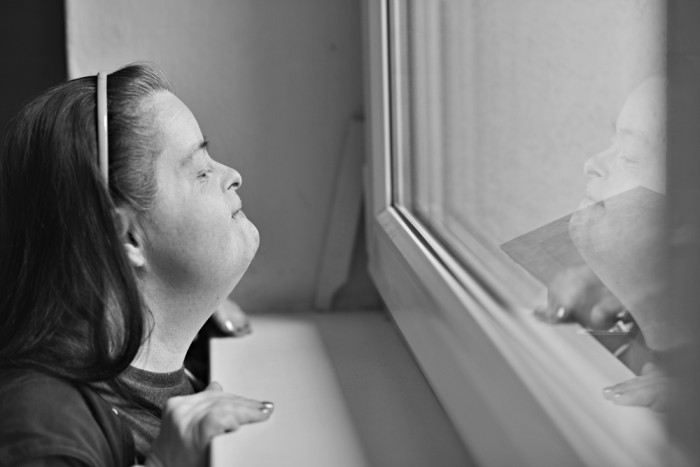Funding
PA’s Wild, Fitzpatrick Press for Full Funding for Mental Health Services
SAMHSA Announces CCBHC Grant Funding Opportunity
Chronic Underfunding and Workforce Shortages Create a MH Service Crisis: Letter From the MH Safety Net Coalition
The sustained funding of community-based mental health services, such as community residential programs, family-based support, outpatient care, and crisis intervention, are critical to the wellbeing of our constituents and our communities. Funding levels for county mental health services have direct impacts on whether these important community and family supports will be available. Yet for too many years, state funding for mental health services has lagged far behind its needs. Counties find themselves advocating for the prevention of funds being cut instead of achieving the increases that are needed to catch up from years of underfunding.
This week’s advocacy letter, which is being sent on behalf of the Coalition, stands as an open call to the PA General Assembly and stakeholders. Governor Shapiro’s budget address called for an initial $20 million investment as a starting point to creating a sustainable funding platform for county-based mental health services. These budgeted funds, if approved by the General Assembly, would represent the first increase in county-based mental health funding in more than a decade. Now is the time for action on sustaining the funding of community-based mental health services and creating the legislation to move on the allocation of the $100 million in funding, as outlined by the Pennsylvania Behavioral Health Commission.
The Coalition is open to all new partners. Join our mission of advocacy for this 2023–24 initiative and begin engaging with your representative. The Coalition will also be developing an advocacy toolkit for members in order to come together to sustain the safety net and serve those who need it most. The reality is that the demand for service far outweighs capacity and rate structures to serve this population.
If you have additional questions or would like to join the Mental Health Safety Net Coalition, please contact RCPA Policy Director Jim Sharp.
House Appropriations Committee to Analyze DDAP’s $370 Million Budget in Hearing on Tuesday
PA Regulators Offer $40 Million in Incentives to Boost Autism and Intellectual Disability Services
ODP Updates Targeted Service Recovery and Expansion Supplemental Payments Plan
ODP Announcement 23-001 Update provides additional information about how the Office of Developmental Programs (ODP) utilizes American Rescue Plan Act (ARPA) funds as part of the ongoing systemic recovery of services for people with an intellectual disability and autism. Also included is an Excel spreadsheet showing American Rescue Plan Act (ARPA) Expansion and Recovery Baseline Data (CPS and Employment).
This announcement includes baseline pre-pandemic service user data for both Community Participation Support (CPS) and Supported Employment to inform provider planning efforts related to the supplemental payments. This initiative is designed to provide supplemental payments to support the recovery and service expansion in the following three areas: CPS, employment, and supports coordination. See the announcement for a description of the supplemental payment structure.
Lack of Workers, Funding Jeopardize Day Programs for People With Autism, Intellectual Disabilities: RCPA Member Wesley Family Services Quoted
DHS 2023/24 Proposed Budget Briefing With DHS Acting Secretary Valerie Arkoosh
Open for Public Comment: Proposed Revision to ARPA Funded Initiative for Supporting Individuals and Families
ODP Announcement 23-030 announces a 30-day public comment period on a proposal to expand funding made available to Administrative Entities (AEs)/Counties to support individuals and families on the waiting list to allow for pursuit of innovative strategies and provide alternatives to Community Participation Support (CPS) services.
Staffing shortages and the lingering impacts from the COVID-19 pandemic have led to a decrease in the availability of CPS services for some individuals. Spending for Respite and Family Support Services made available to individuals on the waiting list through the Home and Community-Based Services (HCBS) Spending Plan approved by the Centers for Medicare and Medicaid Services (CMS) is lower than projected in the majority of counties.
The Office of Developmental Programs (ODP) is requesting public comment on the following proposal that would allow AEs to repurpose unspent ARPA respite dollars to develop and fund innovative alternatives to traditional CPS. ODP will review and consider all comments received by 11:59 pm on April 10, 2023, in developing a final proposal for use of these ARPA funds. Public comment may be submitted through one of the following methods:
- Electronic submission via email.
- Written submission through mail, addressed to: Julie Mochon, Department of Human Services Office of Developmental Programs 625 Forster Street, Room 510, Harrisburg, PA 17120
Questions about this communication should be sent electronically.

















